Chicago Housing Regulations: Selling, Rebuilding, and Community Support After a Fire
Selling your home after a fire in Chicago requires understanding local housing regulations that prio…….
Selling a home after it has been affected by a fire is a complex process that requires careful navigation through emotional, financial, and logistical challenges. In Chicago, as in many urban centers, fires can significantly impact residential areas, leading to the question: how does one transform their burned-out property into a saleable asset? This article aims to provide an extensive guide to understanding and navigating the unique considerations involved in selling your house after a fire in Chicago, offering insights for homeowners, real estate professionals, and investors. By exploring various aspects from economic factors to policy frameworks, we will demystify this process, ensuring readers are equipped with the knowledge needed to make informed decisions.
Selling your house after a fire refers to the process of disposing of a residential property that has sustained significant damage or been destroyed by a fire event. In Chicago, this process involves several critical steps:
Assessment and Restoration: The initial phase includes assessing the extent of damage and determining the feasibility of restoration. Homeowners may consult with structural engineers and restoration specialists to understand the cost and timeline involved in repairing the property.
Insurance Claims: Filing insurance claims is a crucial step. Homeowners should document the loss thoroughly, including taking photos and keeping records of expenses related to temporary housing or essential repairs. The insurance company will assess the damage and provide a payout based on the policy terms.
Real Estate Listing: Once the property is either restored or deemed uninhabitable, homeowners can decide to sell. This involves hiring a real estate agent who specializes in post-fire sales, setting an asking price, and marketing the property to potential buyers.
The concept of selling homes after disasters, including fires, is not new. Throughout history, communities have faced the challenge of rebuilding and redistributing affected properties. In Chicago, significant fires in the late 19th and early 20th centuries led to extensive urban renewal and the establishment of modern zoning laws. These events shaped the city’s real estate market, influencing how developers and homeowners approach post-disaster sales.
Today, selling a house after a fire in Chicago is a specialized segment of the real estate market, driven by factors such as:
Market Demand: Chicago’s vibrant economy and high cost of living create a constant demand for residential properties. Even with a fire-damaged history, homes in desirable neighborhoods can retain or even increase their value due to strong local markets.
Historical Precedence: The city has a rich history of recovery from disasters, which provides valuable lessons and frameworks for handling post-fire sales.
Regulatory Frameworks: Local building codes, zoning regulations, and insurance policies play a pivotal role in shaping the process, ensuring safety standards while facilitating rebuilding and resale.
The practice of selling homes after fires is not confined to Chicago; it has global implications and unique regional variations.
Disaster-related property sales are a worldwide phenomenon, with each region adopting distinct approaches:
Europe: Many European cities have robust systems for post-disaster reconstruction, often involving public-private partnerships to facilitate the resale of affected properties. For example, London’s historic fire safety regulations have contributed to a well-established market for rebuilding and selling after fires.
Asia: Cities like Tokyo and Hong Kong have navigated dense urban landscapes after disasters, demonstrating resilience in property markets. Post-disaster sales in these areas often involve innovative financing options and government incentives.
North America: The United States, including Chicago, has a robust real estate market that mirrors national trends while showcasing regional variations.
Within North America, specific trends emerge:
West Coast: Cities like Seattle and Los Angeles have seen increased demand for sustainable rebuilding practices after fires, influencing design and construction standards.
Northeastern United States: The region’s strict building codes and historical preservation efforts impact post-fire sales, ensuring that restored properties maintain their architectural integrity.
Chicago and Midwest: The Chicago market is characterized by a strong focus on neighborhood revitalization and community engagement during the rebuilding process, fostering a sense of local pride.
The economic aspects of selling your house after a fire in Chicago are multifaceted, affecting both homeowners and the broader real estate market.
Supply and Demand: Fire-damaged properties can impact the local housing supply, potentially creating a temporary imbalance in the market. However, strong demand from buyers seeking opportunities for renovation or affordable housing can quickly reverse this trend.
Price Trends: The price of a fire-damaged home depends on various factors, including location, pre-fire condition, restoration efforts, and market conditions at the time of sale. In some cases, properties may sell for below market value, while in desirable areas, they can retain or even surpass pre-fire prices.
Insurance Claims: Homeowners insurance policies play a critical role in covering the cost of repairs or rebuilding after a fire. Understanding policy terms and limitations is essential for homeowners navigating post-fire sales.
Financing Options: Buyers may require special financing arrangements, such as reconstruction loans, to purchase and rebuild properties. These options can impact market competitiveness and sale timelines.
Investment Opportunities: Investors may view fire-damaged properties as opportunities for long-term gains, especially in areas with strong recovery potential. This dynamic can drive up prices or create a competitive buying environment.
Chicago’s regulatory environment significantly influences the process of selling homes after fires, ensuring safety, fairness, and efficient rebuilding.
Safety Standards: Local building codes dictate the minimum safety and structural requirements for rebuilt properties. These standards protect residents and ensure the integrity of new constructions.
Zoning Permits: Any changes to a property’s use or structure require zoning permits, ensuring compliance with local planning regulations.
Policy Coverage: Homeowners insurance policies vary in their coverage for fire damage. Understanding policy limitations and potential deductibles is crucial during the claims process.
Claims Settlement: The time it takes to settle insurance claims can impact a homeowner’s decision to rebuild or sell. Efficient claims processing is essential for a smooth transition to the resale market.
Chicago offers various incentives and programs to support homeowners after fires:
Reconstruction Grants: Local and state governments may provide grants or low-interest loans to assist with reconstruction costs, encouraging property owners to rebuild.
Tax Benefits: Tax breaks and incentives can be available for homeowners who participate in rebuilding efforts, promoting community recovery.
Community Development Programs: Neighborhood development programs often play a role in post-fire recovery, offering resources and support to revitalize affected areas.
Successfully selling your house after a fire requires a tailored marketing approach that addresses both the property’s unique challenges and its potential.
Property Repairs: Ensure essential repairs are completed to meet local building codes and appeal to buyers. Address structural issues, electrical repairs, and any necessary renovations.
Professional Photography: Invest in high-quality photography to showcase the property’s best features, emphasizing its potential for buyers who can envision a future there.
Detailed Listing Description: Prepare a comprehensive listing that includes information about the fire, insurance claims, restoration efforts, and any available grants or incentives. Transparency builds trust with potential buyers.
Local Market Knowledge: Engage real estate agents familiar with the Chicago market, especially those specializing in post-fire sales. They can provide valuable insights to attract buyers who understand the local context.
Targeted Advertising: Utilize targeted online advertising and social media campaigns to reach specific buyer demographics, such as first-time homebuyers or investors looking for renovation projects.
Open Houses and Community Engagement: Host open houses and engage with the local community to generate interest. Sharing stories of resilience and recovery can create a positive connection to the property.
Competitive Pricing: Set a competitive asking price based on market conditions, recent sales of similar properties, and the unique features of your home.
Negotiation Tactics: Be prepared for negotiation, offering incentives such as closing costs or upgrades to seal a deal. Flexibility and creativity can be key in a competitive market.
Closing Process: Work closely with your real estate agent and legal counsel to ensure a smooth closing process, understanding any additional requirements due to the fire-damaged history of the property.
After successfully selling your house after a fire, there are several important steps to ensure a positive transition for both homeowners and buyers.
Demolition or Rebuilding: Depending on the extent of damage, the property may require demolition or rebuilding. Ensure all necessary permits are in place and adhere to local regulations during cleanup and construction.
Environmental Concerns: Fires can leave behind hazardous materials. Professional cleanup services should handle any environmental concerns to ensure a safe and healthy transition for future occupants.
Neighborhood Revitalization: Engage with your community and local authorities to support neighborhood revitalization efforts, ensuring the area recovers and prospers after the fire.
Sharing Stories of Resilience: Document and share stories of recovery and resilience associated with the property to create a positive legacy for future residents.
Selling your house after a fire in Chicago is a complex process that requires careful navigation through legal, financial, and emotional challenges. By understanding the regulatory environment, marketing strategies, and post-sale considerations, homeowners can successfully transition from a damaged property to a new beginning. With support from real estate professionals, community resources, and local incentives, the recovery process can be a testament to resilience and a catalyst for positive change in affected neighborhoods.
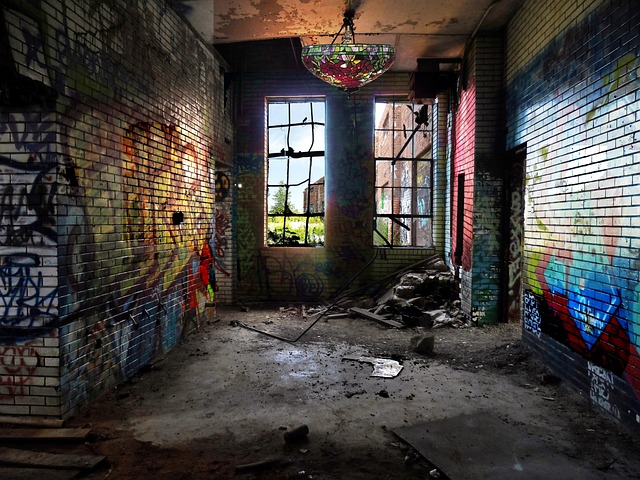
Selling your home after a fire in Chicago requires understanding local housing regulations that prio…….
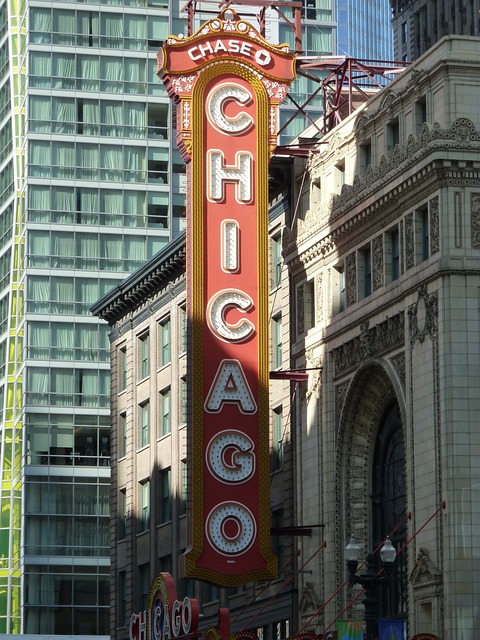
After a fire in Chicago, selling your home requires understanding repair costs, conducting thorough…….
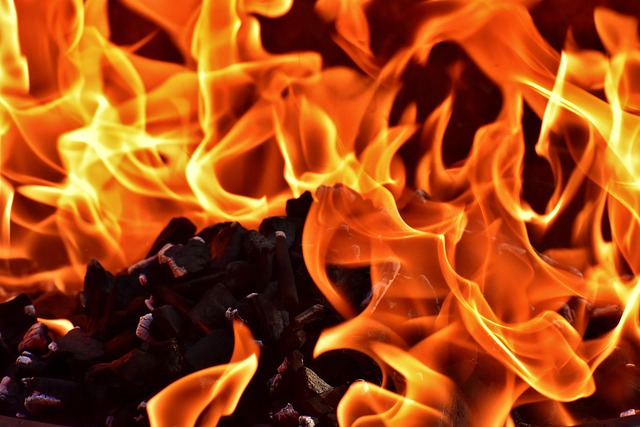
After a fire in Chicago, swift action against water damage is crucial to protect property value and…….

After a fire damages your Chicago home, navigating the sales process requires careful assessment of…….

Selling your fire-damaged home in Chicago can be challenging due to property value impacts and visib…….
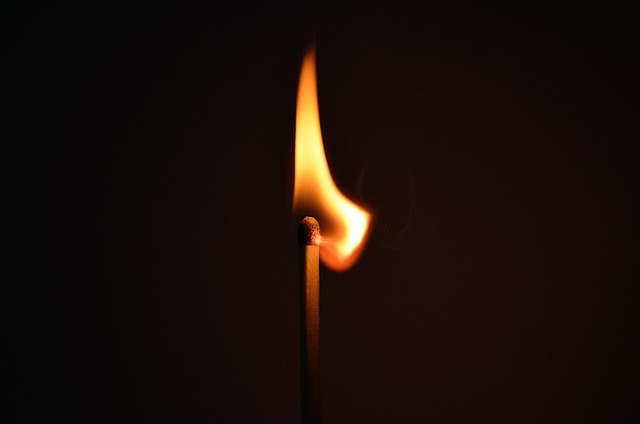
Selling a house after a fire in Chicago involves understanding Illinois guidelines on post-disaster…….
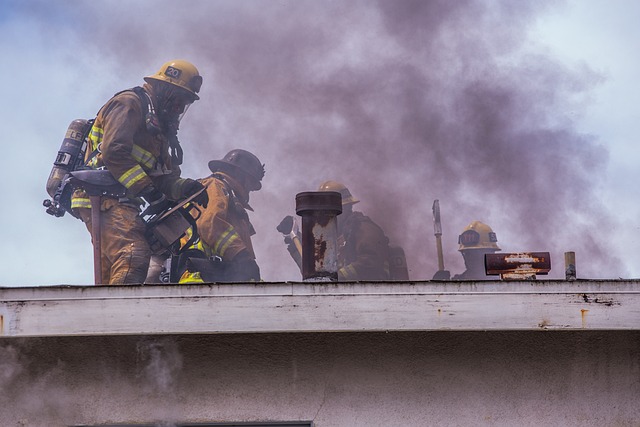
Selling your house after a fire in Chicago presents unique opportunities in a dynamic market driven…….

After a fire in Chicago, Illinois, cash home buyers provide a swift and hassle-free solution for hom…….

Selling your house after a fire in Chicago requires understanding specific property appraisal laws t…….
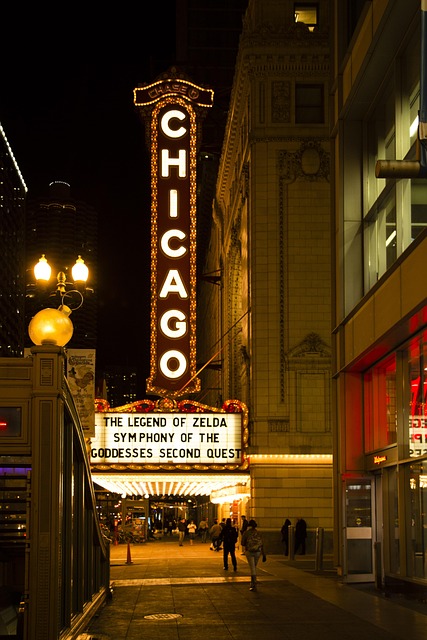
After a fire damages your Chicago home, assess damage and get estimates from reputable contractors……..